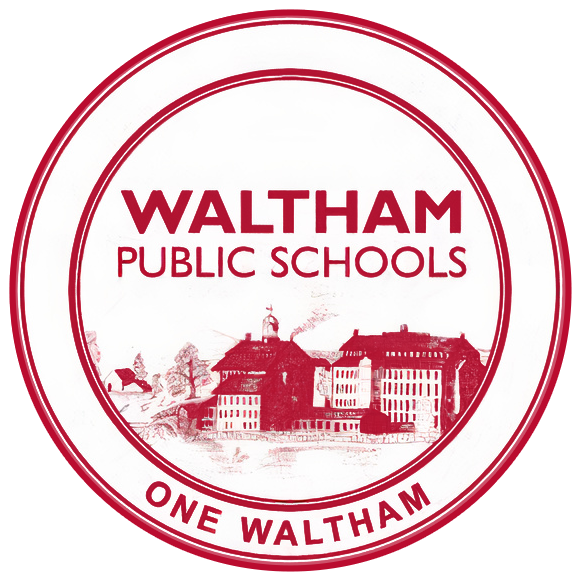| | | |
|---|
Unit | Timeframe | Big Ideas (Statements or Essential Questions) | Major Learning Experiences from Unit |
Unit 1: Identity & Community | September | How do I talk about the various aspects of my identity? How can I recognize, discuss, and challenge stereotypes and biases? How can we create a community that is positive and safe for everyone’s identity?
| Students will: Read select short stories from the collection Flying Lessons & Other Stories in order to consider multiple perspectives. Complete personal journal writing related to their identity in order to articulate their identities and develop their writing stamina. Write a short poem about different features of their identity and how they defy stereotypes. Interview a family member and write a 3-4 paragraph essay about their identity, their family, how they ‘arrived’ in Waltham, and how they contribute to the community. Write two short evidence-based paragraphs in order to further develop their explanatory writing skills.
|
Unit 2: Race & Power | October - November | What gives people power? How do people use their power in society? How does race contribute to an individual's power in society? What is institutional racism? How do institutions increase or limit an individual’s access to power?
| Students will: Read the novel Scorpions by Walter Dean Myers in order to learn about the power dynamics between individuals and institutions. Analyze characterization throughout the course of a narrative. Write a well-developed, evidence-based essay on characterization and character traits. Learn about the different elements of a successful narrative. Write a sequel to Scorpions, applying what they have studied about narrative structure to their own narrative writing.
|
Unit 3: Social Class & Traditions | December | Why are traditions important, even in modern times? How and why do people change over time? What impacts personal transformation? Why is human connection more valuable than material possessions?
| Students will: Read the play version of Charles Dickens’ A Christmas Carol, dramatized by Martha B. King. Practice their oral reading fluency by reading the play aloud together. Continue to develop their skills in character analysis through guided class discussion. Continue to develop their evidence-based writing skills in order to write a fully-developed literary analysis essay. Revise their writing using multiple rounds of teacher feedback.
|
Unit 4: Accepting and Celebrating Differences | January - February | What makes someone “normal?” What makes someone “different?” When is it important to speak up and use our voices to advocate for others? How is storytelling important to our lives as individuals and to the life of a community as a whole?
| Students will: Independently read one of the following, grade-level novels: A Corner of the Universe by Ann M. Martin, Inside Out & Back Again by Thanhha Lai, or A Long Way From Chicago by Richard Peck. Continue to develop their oral reading fluency. Prepare for an assigned role in a small-group discussion with peers. Facilitate or lead a small-group discussion with peers. Analyze and apply a thematic focus (accepting and celebrating differences) to an independent-reading text.
|
Unit 5: Culture & Family | February - April | How does the culture of our home impact our identities? What gives words meaning and power? How do we use words to tell a colorful and powerful story?
| Students will: Read the novel The Color of My Words by Lynn Joseph, focusing on the significance of storytelling and cultural setting in the protagonist’s development. Read supplementary poetry and analyze literary devices in these poems. Use poetry excerpts from The Color of My Words as mentor texts to write their own poetry. Practice incorporating figurative language and sensory imagery into their own narrative writing. Continue to develop their explanatory writing skills through a paired-text essay.
|
Unit 6: Coming of Age & Social Change | April - June | How do others’ expectations shape who we are? What are the major turning points in adolescence that lead to adulthood? How do significant social and political events impact the personal lives of families and individuals?
| Students will: Read the novel The Wednesday Wars by Gary Schmidt in order to understand how coming of age is impacted by the social and political events of a significant historical period, the 1960s. Learn about significant events and cultural aspects of the 1960s; understand how historical setting shapes a narrative. Understand allusions to other literary works and analyze their effectiveness in the story. Participate more independently in student-driven discussions, actively listening and responding to peers’ ideas.
|
